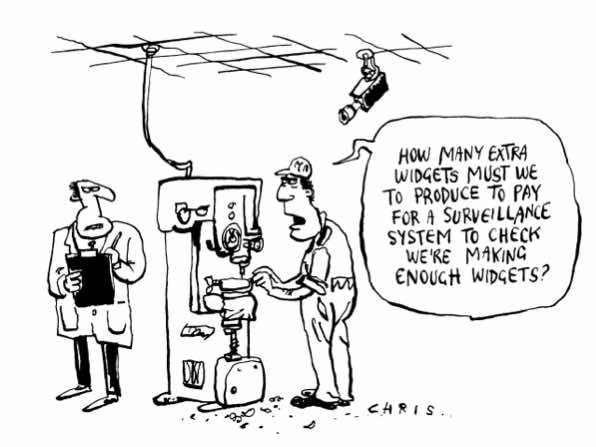Stand and deliver, your money or your wife! Of Georgian highwaymen, modern sham marriages, illegal contracts, and abuse of the legal process
Two sole traders form a partnership, and then fall out, so that one sues the other for outstanding monies. It is a common enough story now, and was even in the early 1700s. There is normally little of general interest in such case; but, in 1725, the additional facts in Everet v Williams earned it a notoriety that persists to this day, because the plaintiff had sued the defendant for the proceeds of highway robbery, and there had been a classic falling out amongst thieves. Unsurprisingly, the Court declined to lend its aid to the claim, and dismissed the case with costs (see Everet v Williams (1725) reported (1787) 2 European Magazine 360 (pdf) and (1893) 9 Law Quarterly Review 197 (pdf); see also William David Evans (ed) Pothier on Obligations (Strahan, London, 1802, vol 2) 3 (pdf); Nathaniel Lindley A Treatise on the Law of Partnership (1st ed, Johnson & Co, London, 1860) 161 (pdf); Robert Megarry Miscellany-at-Law (Sweet & Maxwell, London, 1955) 76 (pdf); mentalfloss).
The Court’s approach in this case was replicated by Twomey J in English v O’Driscoll [2016] IEHC 584 (25 October 2016), whilst the case itself was cited by Humphreys J in the High Court in KP v The Minister for Justice and Equality [2017] IEHC 95 (20 February 2017).…

 Last month, the Daily Mail website ran a story under the headline:
Last month, the Daily Mail website ran a story under the headline: 


